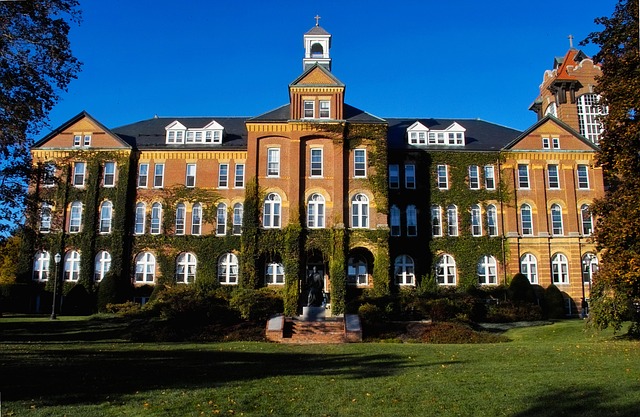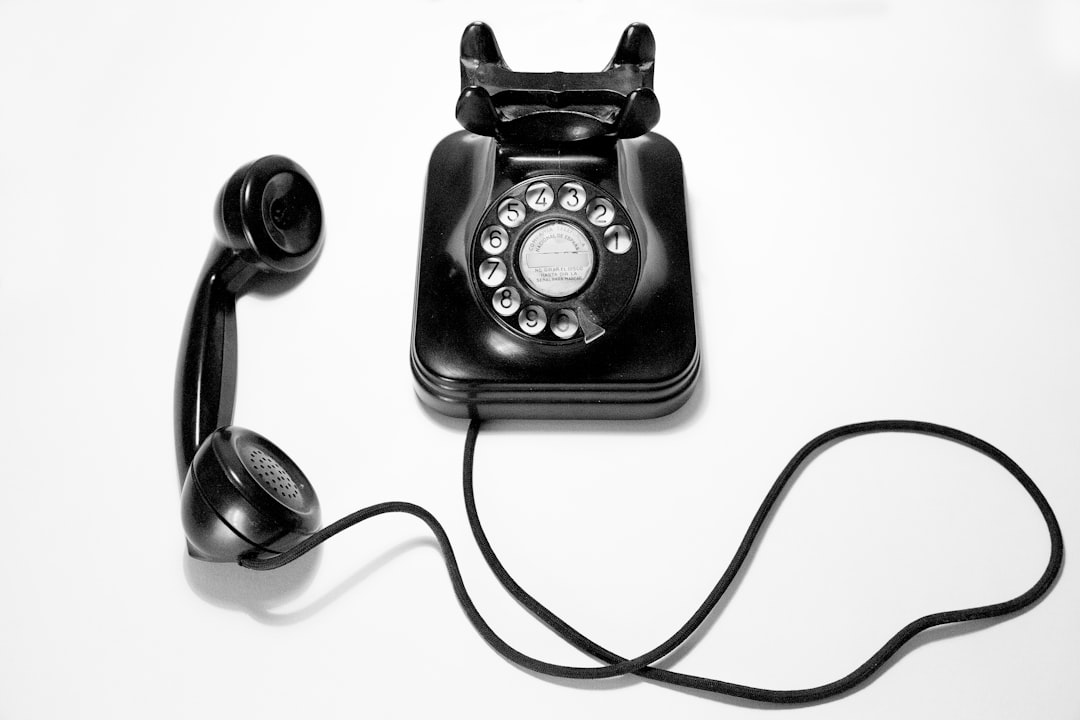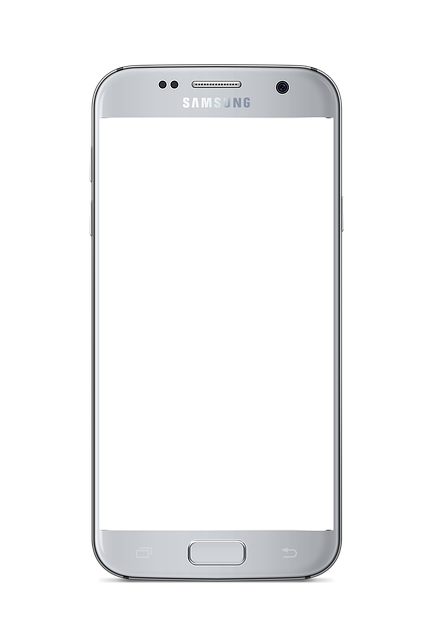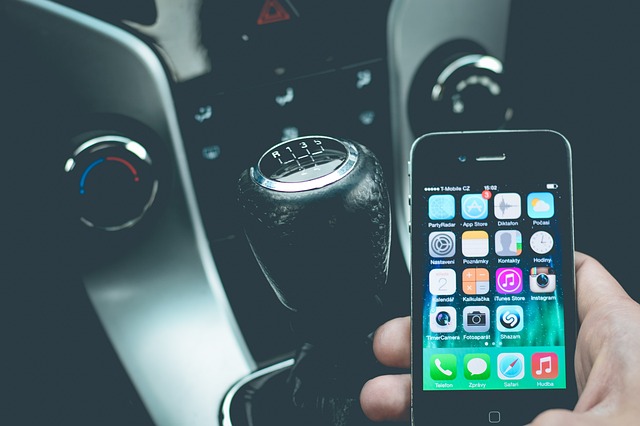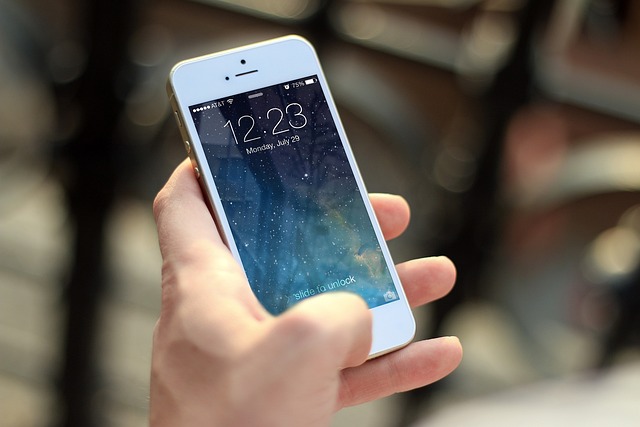In New Hampshire, especially Concord, charity solicitation calls are regulated by strict laws protecting residents from deceptive practices and unwanted intrusions. Non-compliance can result in legal action and fines for charities or law firms. The Better Business Bureau (BBB) actively assists consumers in distinguishing legitimate charity calls from scams and ensures adherence to spam call regulations. If you've received an unwanted charity solicitation, document the details and consult a specialized spam call law firm New Hampshire for guidance on your rights under the Telephone Consumer Protection Act (TCPA).
“In Concord, New Hampshire, charity solicitation calls play a vital role in supporting local causes. However, they can sometimes blur into unwanted spam, leading to confusion and frustration for recipients. This article explores New Hampshire’s spam call laws, offering insights on when charitable requests cross the line. We delve into the responsibilities of the Better Business Bureau and equip readers with knowledge on protecting their rights. If you’re concerned about a charity solicitation call, this guide provides actionable steps to take.”
Understanding New Hampshire's Spam Call Laws
In New Hampshire, including Concord, charity solicitation calls are subject to specific laws designed to protect residents from unwanted and deceptive practices. The state’s spam call laws aim to ensure that consumers are not harassed or misled by unsolicited phone calls promoting charitable causes. These regulations provide guidelines on what constitutes acceptable charity solicitation and when it crosses the line into spam.
Under New Hampshire’s spam call law firm, organizations engaging in charitable solicitations must comply with strict rules. This includes obtaining prior consent from recipients before making any calls, providing clear information about the charity and its purpose, and offering an easy and obvious way to opt-out of future calls. Non-compliance can result in legal action and fines. Understanding these laws is essential for charities and law firm representatives alike to ensure their practices remain within ethical boundaries and respect the privacy of Concord residents.
When Charity Solicitation Calls Cross the Line
Charity solicitation calls, while often well-intentioned, can sometimes cross the line into unwanted or even illegal territory. In New Hampshire, the Do Not Call Registry and spam call laws protect residents from intrusive phone marketing. If a charity call becomes persistent despite your clear indication of disinterest or uses deceptive tactics to encourage donations, it may be in violation of these regulations.
When a call is deemed spam, it’s not just about being irritated—it has legal consequences. The Telephone Consumer Protection Act (TCPA) prohibits automated or prerecorded messages and certain types of calls without prior express consent. Charity organizations must adhere to these rules, respecting individuals’ right to privacy and avoiding practices that could be considered harassment.
The Role of the Better Business Bureau in Concord
In Concord, New Hampshire, the Better Business Bureau (BBB) plays a crucial role in maintaining consumer protection standards, especially regarding charity solicitation calls. The BBB acts as a trusted third party, facilitating communication between charities and potential donors while also ensuring compliance with local spam call laws. They offer resources and guidelines to help residents identify legitimate charity calls from potential scammers.
By working closely with local law enforcement and utilizing advanced data analytics, the BBB helps New Hampshire residents stay informed about the legal status of charity solicitation calls. This collaborative effort not only safeguards consumers but also ensures that reputable charities can effectively raise funds without infringing upon anti-spam regulations.
Protecting Your Rights: What to Do If You Believe a Charity Call is Spam
If you believe you’ve received a charity solicitation call in Concord, New Hampshire that crosses the line into spam, you have rights and options. The Telephone Consumer Protection Act (TCPA) provides strict guidelines around telemarketing practices, including charitable fundraising calls. If a call is deemed to violate these rules, it can be classified as spam.
If you suspect a charity call was unwanted or harassing, document the details such as the caller’s name, phone number, and the date and time of the call. Then, consider contacting a spam call law firm in New Hampshire that specializes in representing consumers in TCPA cases. These experts can help you understand your rights and take appropriate action, which may include requesting the caller stop contacting you or pursuing legal recourse for violations of the spam call law.
